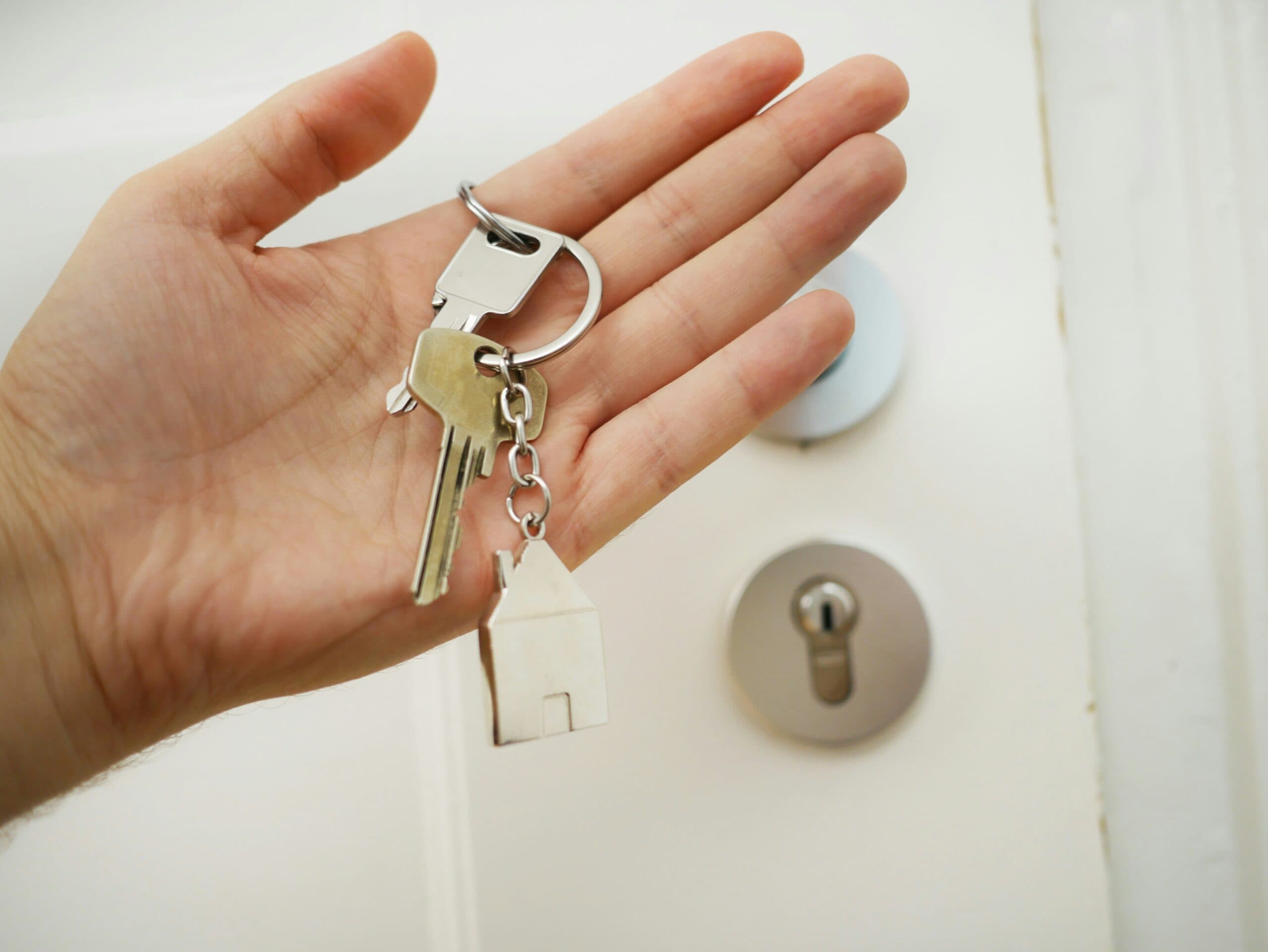
JUNE 4, 2025
Pre-Approval vs. Pre-Qualification: Why One Makes Your Home Search Easier
When you’re a first-time homebuyer, the mortgage process can feel overwhelming. You’ve likely come across two terms repeatedly: pre-approval and pre-qualification. Though they sound similar, these two steps are not interchangeable, and understanding the difference could be the key to making your home search easier, faster, and far more successful.
Let’s break down what each term means, why one holds more weight in today’s competitive housing market, and how starting with the right one can streamline your path to homeownership.
What’s the Difference Between Pre-Qualification and Pre-Approval?
Pre-qualification is often the first step in the mortgage process. It’s a quick estimate of how much you might be able to borrow, based on self-reported information about your income, debts, and assets. Most lenders don’t verify this information at the pre-qualification stage, and there’s no credit check involved.
On the other hand, pre-approval is a much more in-depth process. It involves submitting official documentation, such as pay stubs, W-2s, tax returns, and bank statements, and undergoing a hard credit check. Once a lender reviews your financial situation, they issue a conditional commitment for a specific loan amount.
According to the National Association of Realtors, 86% of buyers who financed their homes in 2023 were pre-approved before making an offer. This stat highlights just how crucial pre-approval is in a competitive market, especially for first-time buyers trying to stand out.
Why Pre-Approval Makes Your Home Search Easier
1. You Know Exactly What You Can Afford
Pre-approval gives you a clear picture of your budget, so you’re not wasting time looking at homes outside your price range. Sellers and real estate agents also take your interest more seriously when you know your financial boundaries and stick to them.
2. It Strengthens Your Offer
In a seller’s market, where multiple offers are common, a pre-approval letter can be a deciding factor. Sellers want reassurance that the deal won’t fall through due to financing. A pre-approval letter shows them you’re not just browsing—you’re ready to buy.
3. It Speeds Up the Closing Process
Because you’ve already completed much of the financial paperwork, pre-approval can shave days or even weeks off your mortgage timeline. That makes the entire home-buying experience smoother, not just for you, but also for the seller and agent.
4. It Identifies Potential Financial Hurdles Early
If there’s a red flag in your credit report or gaps in your income history, it’s far better to find out during pre-approval than after making an offer. This step provides an opportunity to address issues proactively, potentially enhancing your buying power or reducing your interest rate.
What Pre-Qualification Is (and Isn’t) Good For
Pre-qualification isn’t completely useless; it’s a starting point, especially if you’re just beginning to explore your options. It can:
-
Give you a rough idea of what you might qualify for
-
Help initiate a relationship with a lender
-
Get you thinking about your homebuying budget
However, it won’t hold up in a competitive bidding situation, nor does it carry the weight needed to reassure a seller. Think of pre-qualification as the “casual coffee date” of mortgage lending, while pre-approval is more like getting engaged.
How to Get Pre-Approved: What You’ll Need
To begin the pre-approval process, you’ll need to provide the following:
-
Proof of income (pay stubs, W-2s, 1099s)
-
Employment verification
-
Credit history (your lender will pull this directly)
-
Bank statements
-
Identification documents
-
Details on existing debt (student loans, car loans, credit cards)
Once submitted, most lenders can process a pre-approval within a few days, although exact timelines vary. Your pre-approval letter is typically valid for 60 to 90 days, so it’s a good idea to begin house hunting right away once you have it in hand.
Common Misconceptions First-Time Buyers Have
“I don’t need pre-approval until I find a house I like.”
Actually, by that time, it might be too late. Homes can go under contract quickly, and without pre-approval, you may not be able to make a strong, timely offer.
“Pre-qualification is good enough.”
Not quite. While it’s better than nothing, it won’t give you the competitive edge that sellers look for when choosing between buyers.
“Pre-approval guarantees I’ll get the loan.”
Not entirely. It’s a conditional commitment, meaning the final loan approval depends on factors like the appraisal, the property condition, and verification of final documents.
The Bottom Line: Pre-Approval Wins Every Time
If you’re serious about buying your first home, getting pre-approved is the smartest move you can make. It gives you clarity, speed, negotiating power, and a level of confidence that simply can’t be matched by pre-qualification. It also shows sellers and agents that you’re financially prepared, credible, and motivated to close.
✅ Ready to Make Your Move?
Speak with Buwalda Mortgage Services today to get pre-approved and start your home search with confidence. Our experienced team is here to guide you through every step of the process and help you turn your homeownership dreams into reality.
Recent Posts

Asset-Based Mortgage Loans in California: How They Work
JANUARY 7, 2026

First-Time Homebuyer Mortgage Options in California Explained
JANUARY 2, 2026

How to Qualify for a Mortgage With Private / Non-QM Loans
DECEMBER 6, 2025

Refinancing Your Home Loan: Lower Payments or Shorter Term?
DECEMBER 4, 2025

Conventional Loan Requirements Every California Buyer Should Know
NOVEMBER 5, 2025

How to Qualify for FHA Loans in California
OCTOBER 30, 2025
